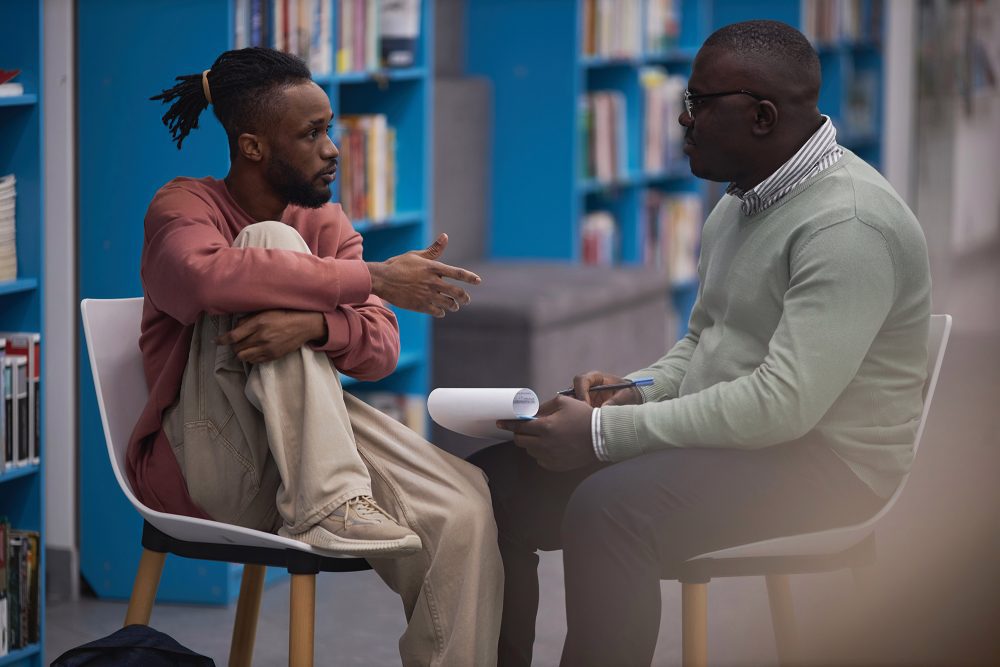Student Support Services

In addition to academic and career resources, we recognize that students also may experience a broad range of issues, concerns or challenges during college that may interfere with a student’s ability to be successful academically or personally. UNC Charlotte offers many support services that are available to all Belk College and Charlotte students.
Student Assistance and Support Services (SASS)
Student Assistance and Support Services (SASS) seeks to:
- Enhance students’ and parents knowledge of various University policies, procedures and campus support resources
- Facilitate the referral to and promotes the utilization of campus resources
- Empower students’ sense of personal responsibility, self-advocacy, and the ability to function autonomously
- Promote students help-seeking skills in crisis and experiencing challenging life events
- Advocate for the development and application of student-centered policies when necessary
Center for Counseling and Psychological Services (CAPS)
Center for Counseling and Psychological Services (CAPS) offers services such as workshops, group therapy, both in-person & telehealth counseling, referrals, consultations, crisis assistance, self-help resources, mental health education trainings and connection to after-hours
support.
Office of Disability Services
The Office of Disability Services is designed to determine reasonable accommodations for students with disabilities. They work to ensure programs, services, and campus are accessible in accordance with Section 504 of the Rehabilitation Act of 1973, the Americans with Disabilities Act, and the ADA Amendments Act.
Center for Integrated Care (CIC)
The Center for Integrated Care (CIC) is a one-stop shop for referral and linkage to wellbeing resources both on and off campus. CIC is a front-facing clinical case management department providing coordination of care and continuity of care services, and follow-up for students. CIC provides outreach and programming to encourage and provide more access to care for students who may be ambivalent, unsure, or do not have the desire to seek more formal wellness services.